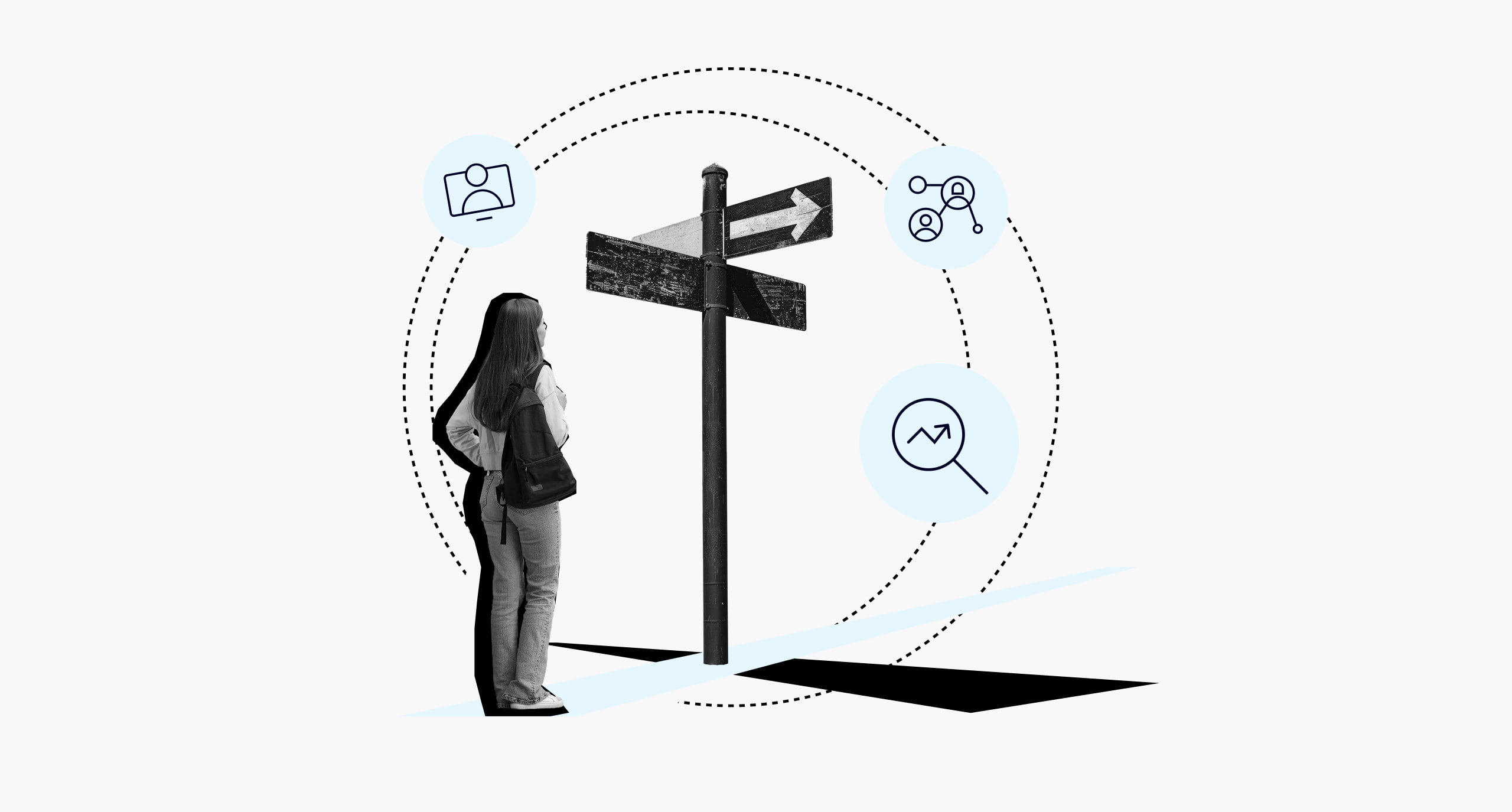These state-of-the-art mobile phones had QWERTY keyboards and web browsers. Think of all the pressing business a 14-year-old attends to—live messaging was our marketplace.
Trends center on one thing: cultivating social capital. While years have passed since those heady days and I now spend my weekends writing articles on the role of social capital in business, little has changed. Our social networks are more valuable than ever. In fact, they’re forming and destroying entire industries.
Social capital, if you want a concrete meaning, is commonly defined by institutions like the OECD, the World Bank and Harvard Business Review as the networks, norms and relationships that enable people and organizations to create value together. In academic research, it typically appears in three forms: bonding (close ties), bridging (connections across groups) and linking (relationships across levels of authority). These categories often sit beneath the commercial models we see today.
Now let’s get into the details.
What are the main types of social capital?
When looking for a contextual “social capital” definition, it’s best to examine business models. Commercializing social capital works with three categories of social drivers.
The first way to generate social capital is by establishing a social mission. Take Starbucks, for example. Their social mission is to “inspire and nurture the human spirit—one person, one cup and one neighborhood at a time.” The principle is the same: you give us money, we give you product. But the framing of the transaction is different.
Creating a social marketplace is the next step. Having established a social mission, companies adapt their product into a monetized platform where users can like, chat and comment on posts. The community generates a live marketplace of social capital with constant exchange of ideas.
Finally there’s social sharing. In this context, we’re talking about platforms where users generate business between each other. Both buyer and seller hold each other accountable by mutual rating. The system works on trust. Think of Uber drivers and customers rating each other, for example. The company gains by facilitating this transaction, which transcends the fuel-machine model of marketing. Social capital makes you relevant—your users generate buzz for you.
But why is social capital important outside of e-commerce?
Let’s look at Tesla and Elon Musk’s unorthodox approach to growth.
Tesla is a conversation starter. Even their wackiest creations get publicity; remember the Cybertruck? It received 200,000 preorders in 2023 despite having an recommended retail price (RRP) just shy of $100,000 and being just plain ugly. But where did those 200,000 people come from, and why didn’t they just spend their hard-earned cash on a platinum-clad model of the National Library of Belarus?
The answer is Musk. Just as Tesla is synonymous with innovation, so is its founder. The social capital he holds goes deeper than the technological advancement of his company. Tesla’s electric cars are symbolic of a cleaner, more advanced, more utopian world. Customers support that symbolism; that’s “social mission” in action.
Tesla’s revenue surpassed $20 billion in 2019. Musk is now using his personal brand to scale up transversally. His ventures with SpaceX and purchase of Twitter? It all adds to the Musk brand. Social capital moves fluidly across all products by proxy.
For the rest of us, knowing how to build social capital in the workplace is an essential skill.
When the promotion comes down to you and the other guy, you need social capital. From an individualist perspective, knowing how to build social capital will get you ahead. That means leaving your problems at home, being a team player, remembering everyone’s names and birthdays—in that order. But efforts to build social capital also benefit business trajectory.
A recent study by the American Survey Center found that 74% of people with a close work friend were either very or completely satisfied with their coworker relations. Those without reported only 39% of the same metric. This means social capital doesn’t just work for individual leverage. Deepened personal relationships with coworkers is instrumental for company culture. That indirectly affects retention of top talent, along with a continued exchange of knowledge inside the workplace.
That said, we shouldn’t rely too much on social capital.
“It’s just business,” is a helpful phrase for awkward situations. Social capital tends to make things personal. If your role functions on relationships, pragmatism will suffer. Furthermore, excess social capital makes cliques and adds emotion to places it shouldn’t be. Add that around 71% of workers in America feel their job is a key piece of their identity, and a company that puts too much focus on social capital means a serious blurring of boundaries between professional and private life.
Management literature also warns of “over-embeddedness,” where networks become so tight that new information can’t enter. High bonding capital without adequate bridging capital leads to groupthink, conformity and slower organizational adaptation. The healthiest workplaces balance trust with openness, familiarity with diversity and cohesion with permeability.
It’s all about balance.
Besides—what even is social capital? It’s just people liking stuff. Like a box of puff pastry. You get a mouthful—then it’s gone.
Take me and my BlackBerry. What do I have to show for it now? Yes, I made friends. Went to parties. Got a girlfriend. Now what? BlackBerry ceased production in 2016 and my ex just opened a tax consultancy in Singapore. Unrelated, apparently. But was it all so transient?
Maybe. But I do remember being important to someone. And that someone was important to me. So whether or not it still matters? I’d say it does.
Study the International MBA
Take the next step in your career with innovative education at IE Business School.

Benjamin is the editor of Uncover IE. His writing is featured in the LAMDA Verse and Prose Anthology Vol. 19, The Primer and Moonflake Press. Benjamin provided translation for “FalseStuff: La Muerte de las Musas”, winner of Best Theatre Show at the Max Awards 2024.
Benjamin was shortlisted for the Bristol Old Vic Open Sessions 2016 and the Alpine Fellowship Writing Prize 2023.






